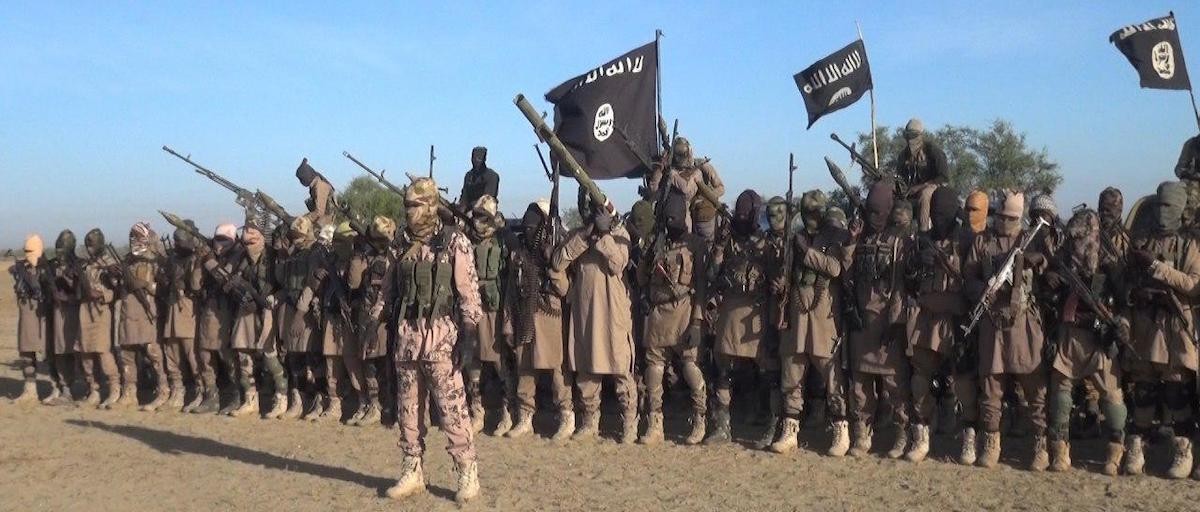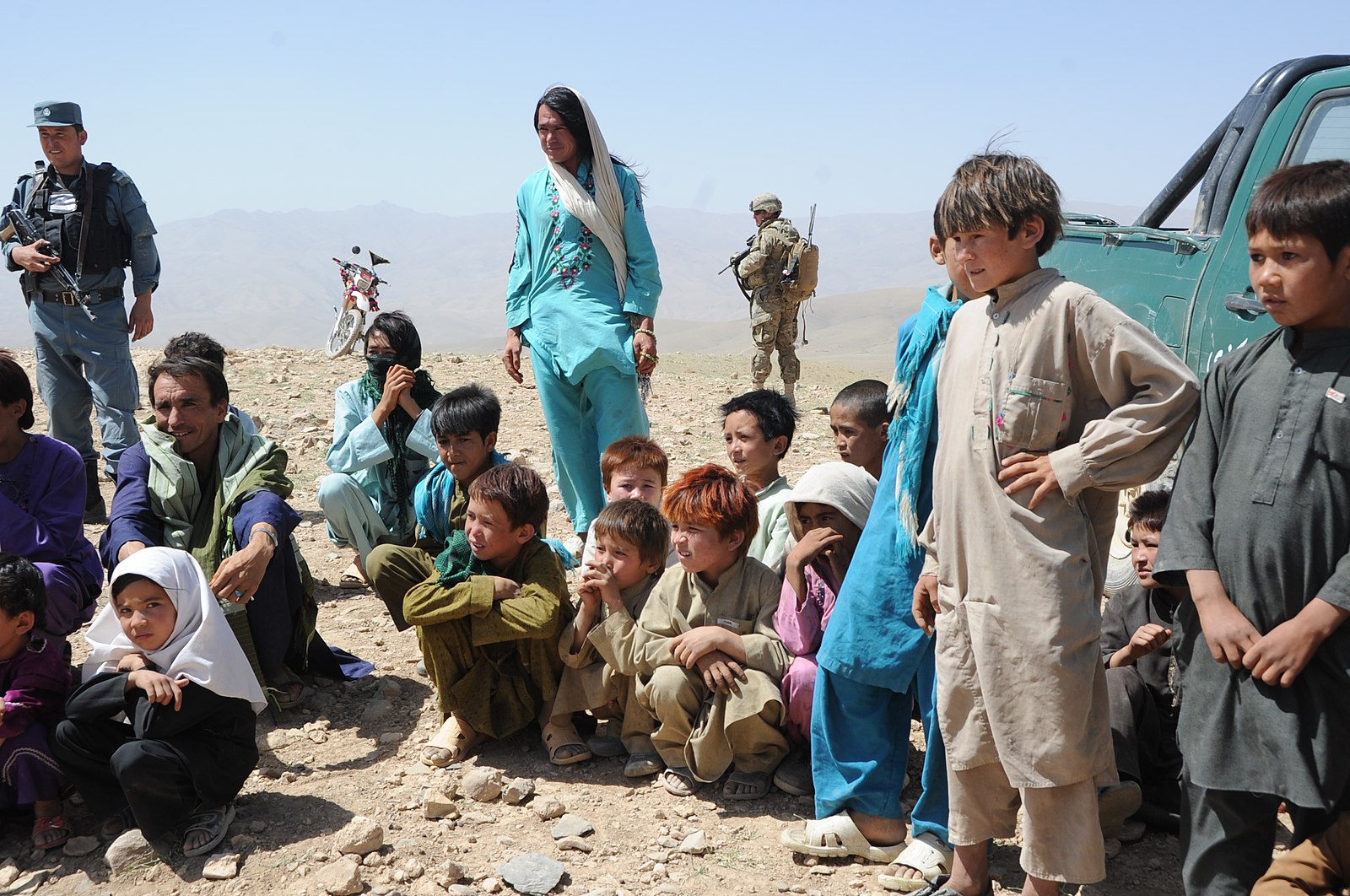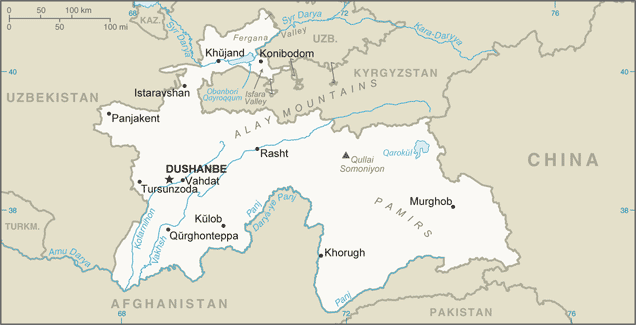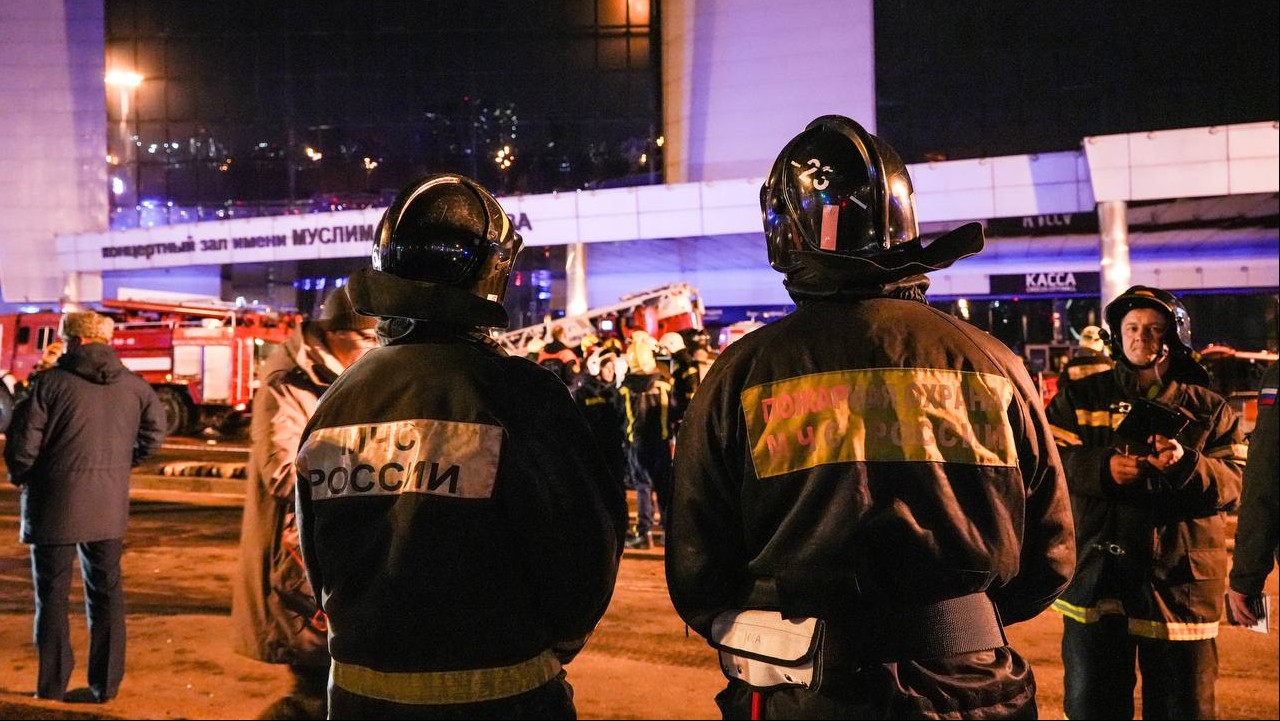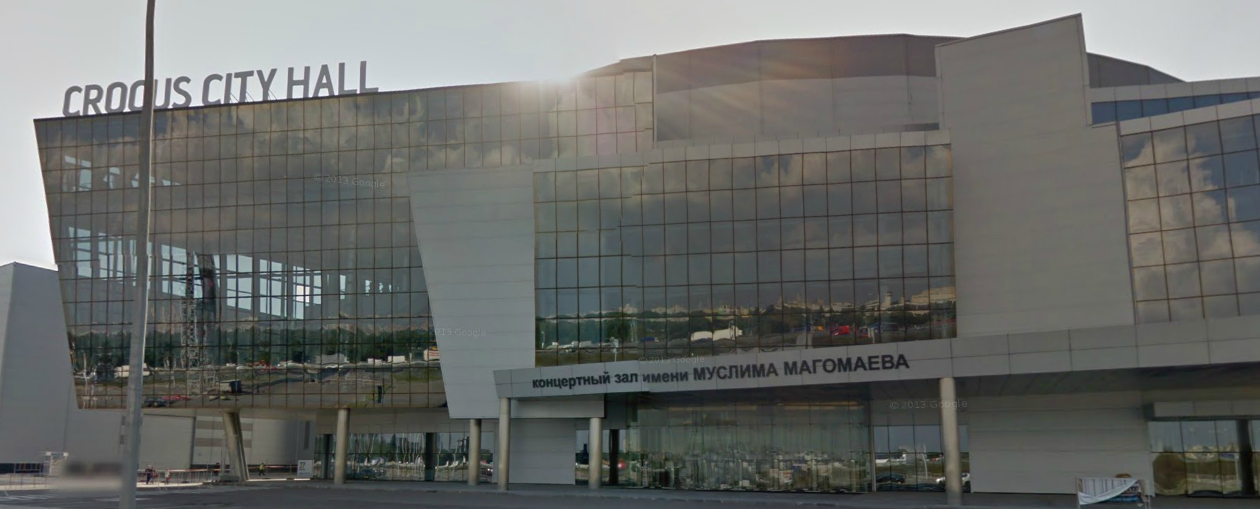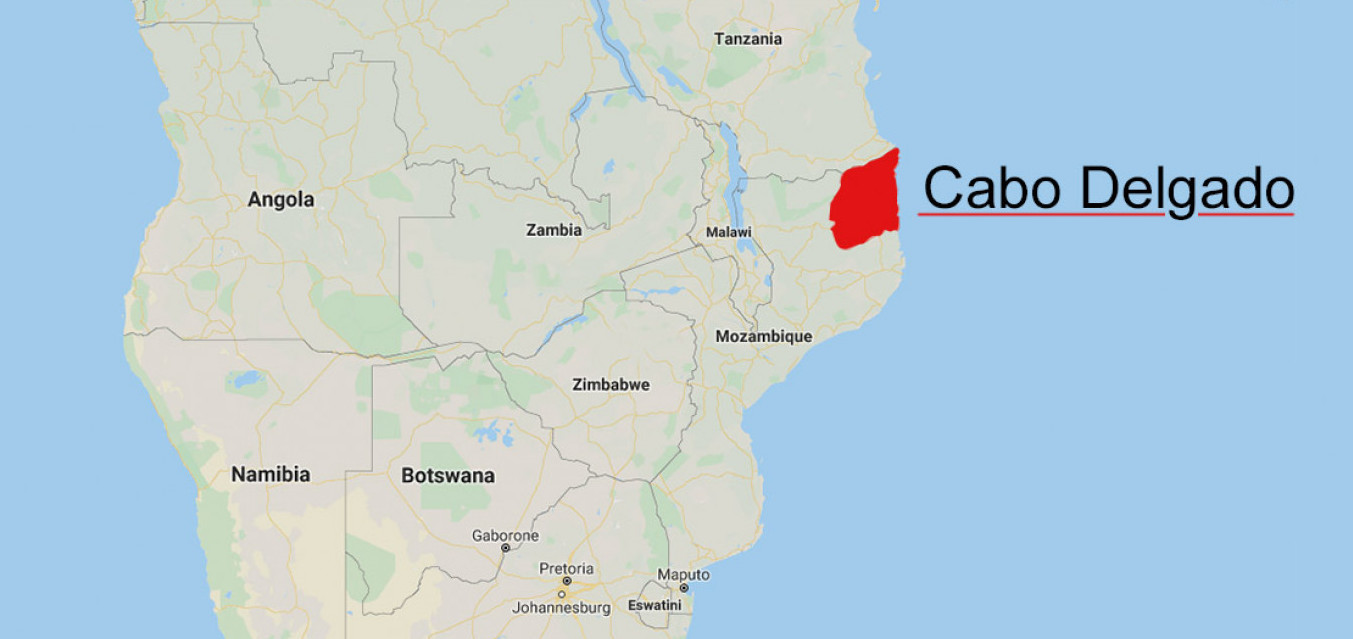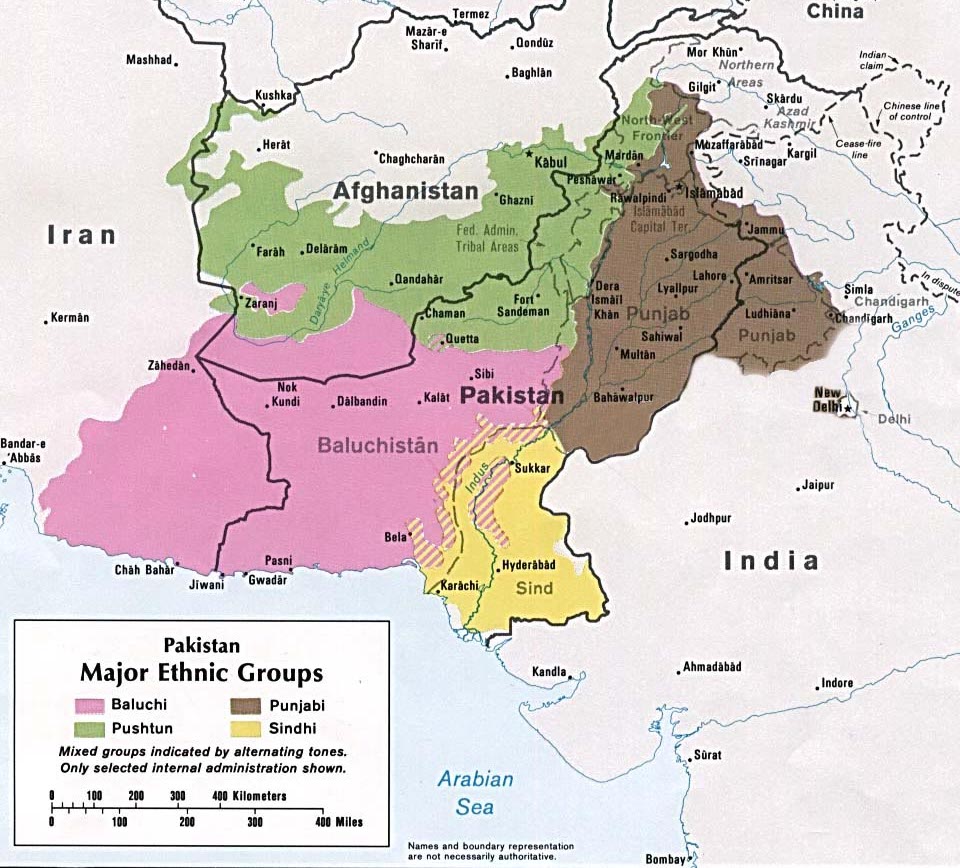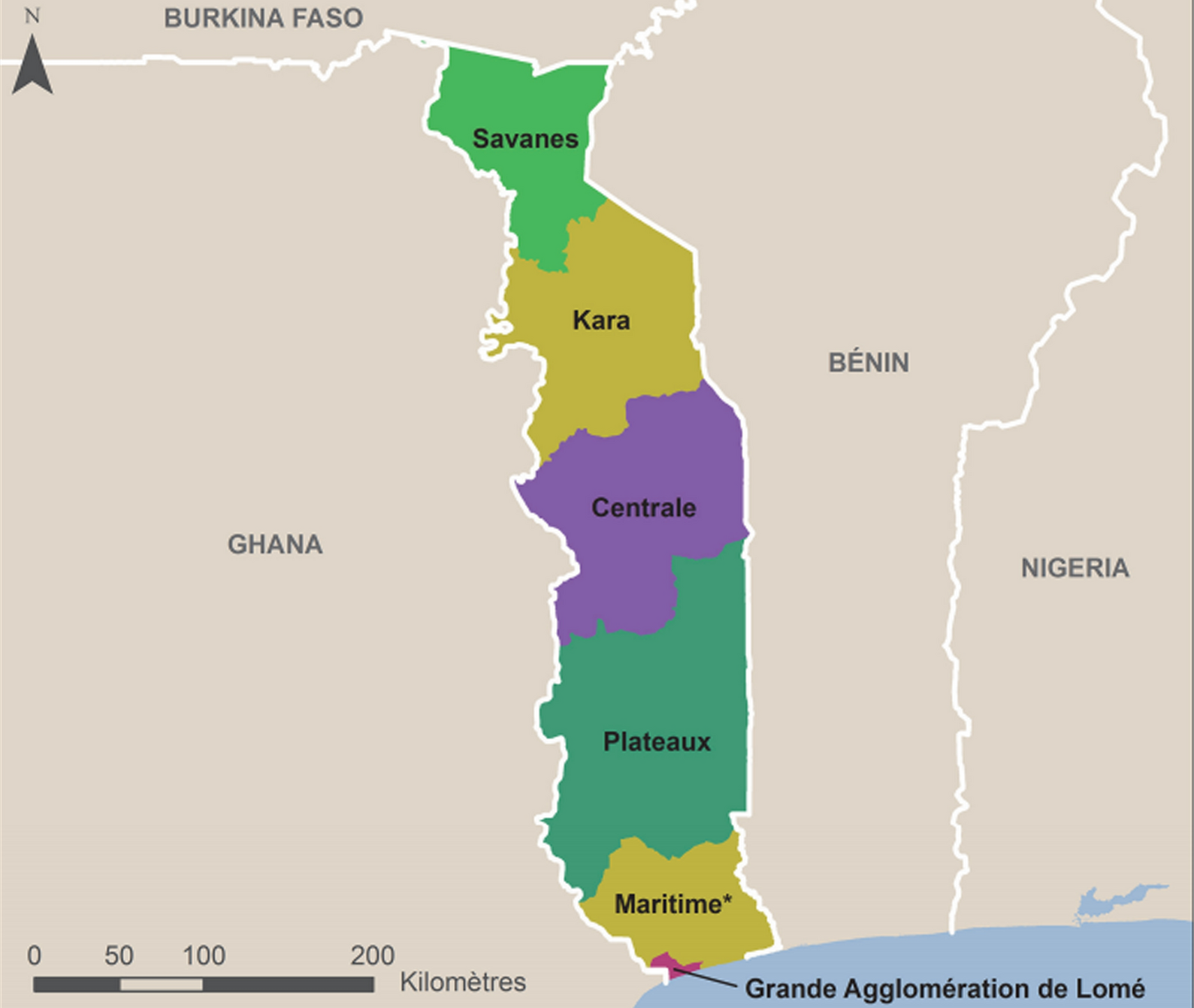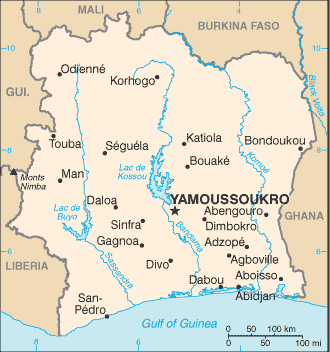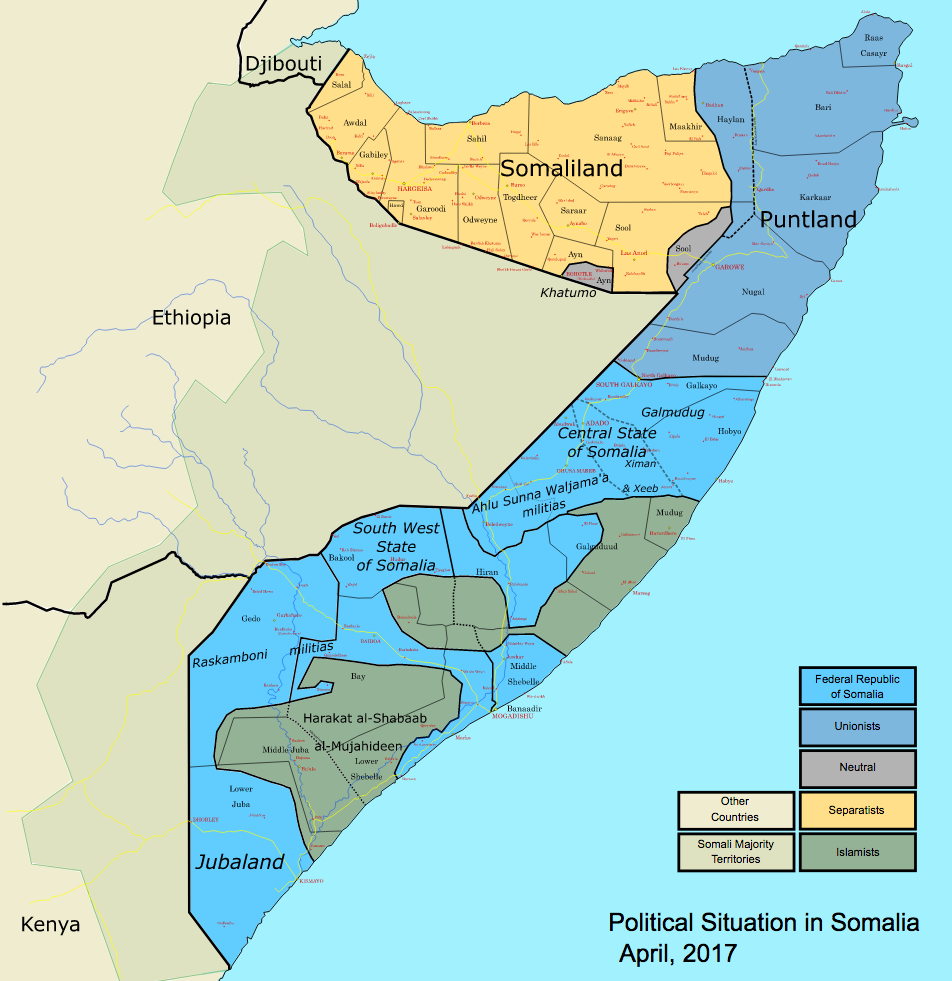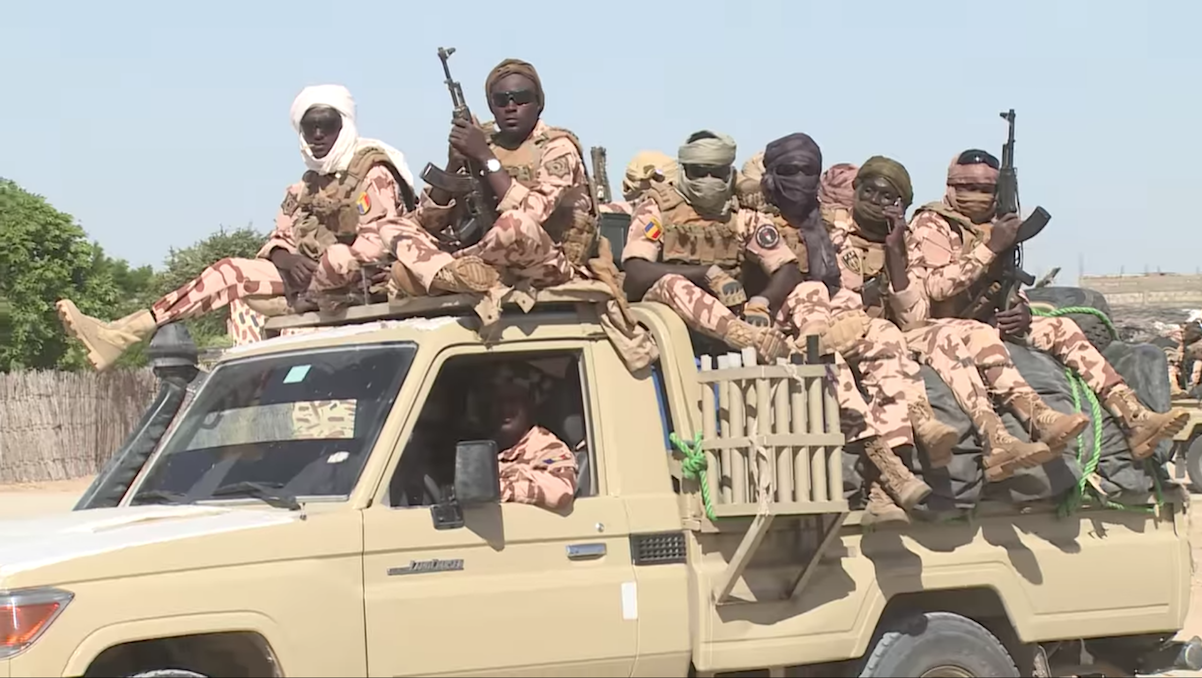
Chad: military base overrun by Boko Haram faction
President Mahamat Déby has vowed vengeance for an attack by jihadists on an army base in Chad’s Lake region that killed at least 40 soldiers. The insurgents who managed to overrun the base are likely to be from Boko Haram’s “Bakura” faction, which is concentrated in the northern part of the region, on the Niger-Chad border. They’ve been involved in a long-running battle for supremacy in the region with the rival Islamic State in West Africa Province (ISWAP). Their commander, Ibrahim Bakura Doro, has resisted both peace overtures and demands for assimilation by the larger ISWAP group. The night-time attack on the Barkaram base, in which weapons and equipment were captured, follows a military sweep through the region by a joint force of Nigerian, Cameroonian and Chadian troops—which at the time was proclaimed a success. (Photo of Chadian troops via Presidency of Chad/Facebook)



